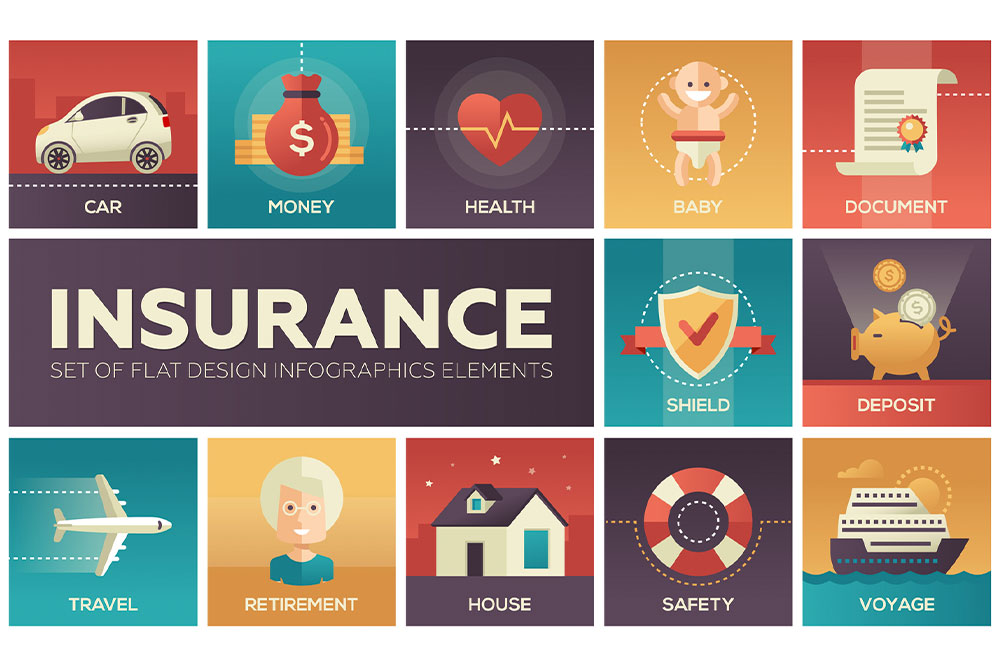Essential Types of Insurance Policies to Consider
Discover essential insurance policies including life, health, auto, and home coverage that provide financial security. Learn how these plans can protect your family and assets during emergencies, meet lender requirements, and reduce financial stress. This guide helps you choose the right coverage to ensure peace of mind and long-term stability.

Insurance plays a vital role in securing your financial stability during challenging times. It provides support in emergencies such as the loss of a loved one, accidents, natural disasters, theft, or property damage. Having appropriate insurance coverage offers numerous benefits, including easing financial burdens and fulfilling lender requirements for funding approval. Key types of insurance include life, health, term, auto, and home insurance, each designed to protect different aspects of your life and assets. Investing in the right insurance plans ensures peace of mind and long-term security for you and your family.
Mitigates financial stress during hardships: Losing a family member can be overwhelming. Having insurance can reduce the financial strain, especially if the deceased was a primary breadwinner.
Lenders often require proof of insurance: Many financial institutions demand insurance verification before approving loans or mortgages.
Life Insurance: Provides coverage during the insured's lifetime, with options for savings or investment components. It also offers financial support in cases of severe disability or critical illness, and provides death benefits to loved ones.
Health Insurance: Covers medical expenses and hospital stays. In the U.S., programs like Medicare and Medicaid cater to different populations—Medicaid for low-income or disabled individuals, and Medicare for seniors and specific health conditions.
Term Insurance: Offers temporary protection for set periods like 10, 15, or 20 years, usually with lower premiums compared to whole life policies.
Auto Insurance: Covers damages or injuries caused in vehicle accidents. Many states mandate minimum coverage levels, helping to cover repair costs and liability, which can be very high.
Homeowner’s Insurance: Protects your residence and possessions from damages due to fire, theft, vandalism, hail, or storms. It also covers liability for accidents occurring on your property, though exclusions like floods or earthquakes may require additional policies.
Note: Our blog offers valuable insights into various insurance topics. However, for specific financial decisions, consult with a professional advisor to ensure the policies suit your needs. The information provided is for informational purposes, and accuracy is not guaranteed across all platforms.










